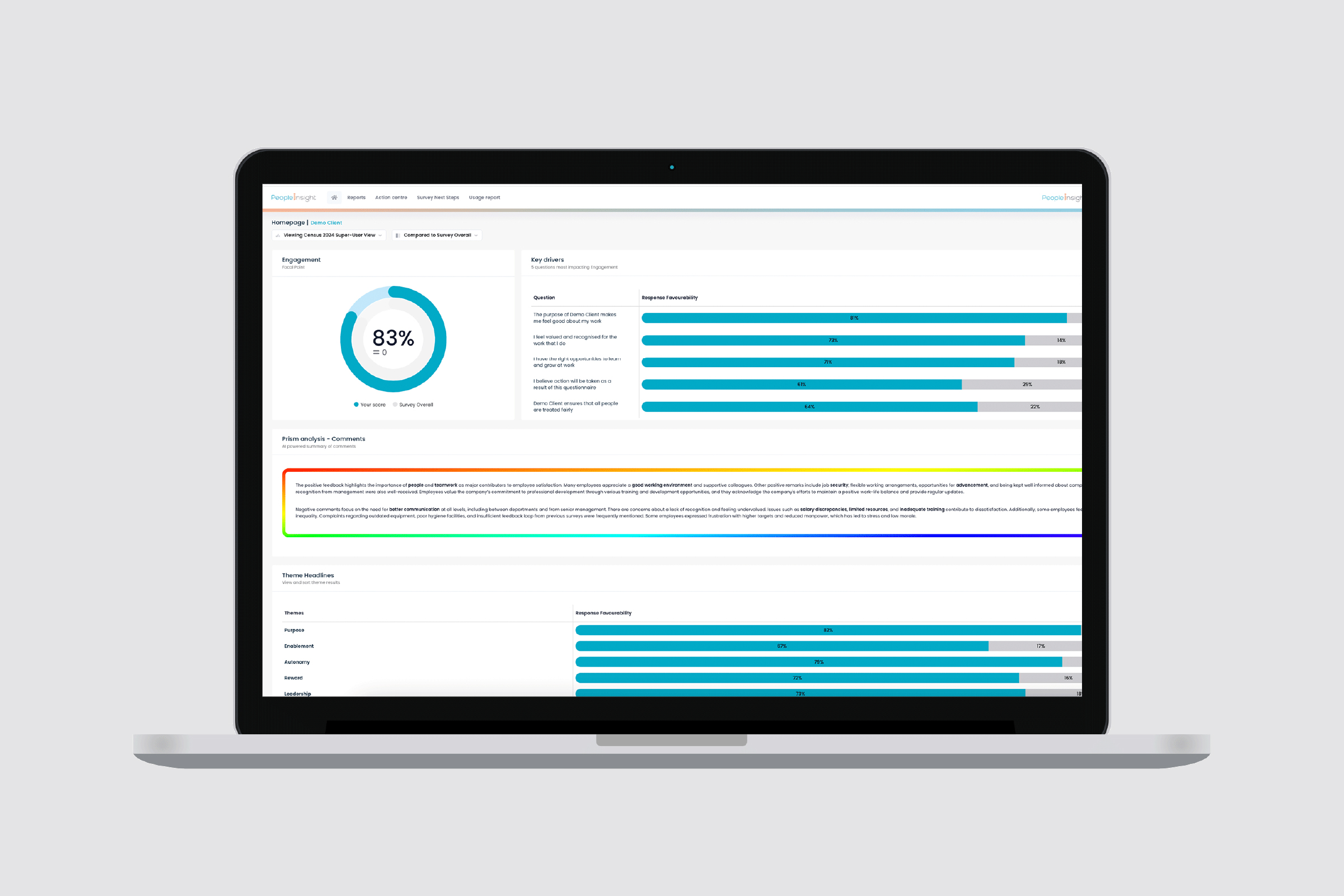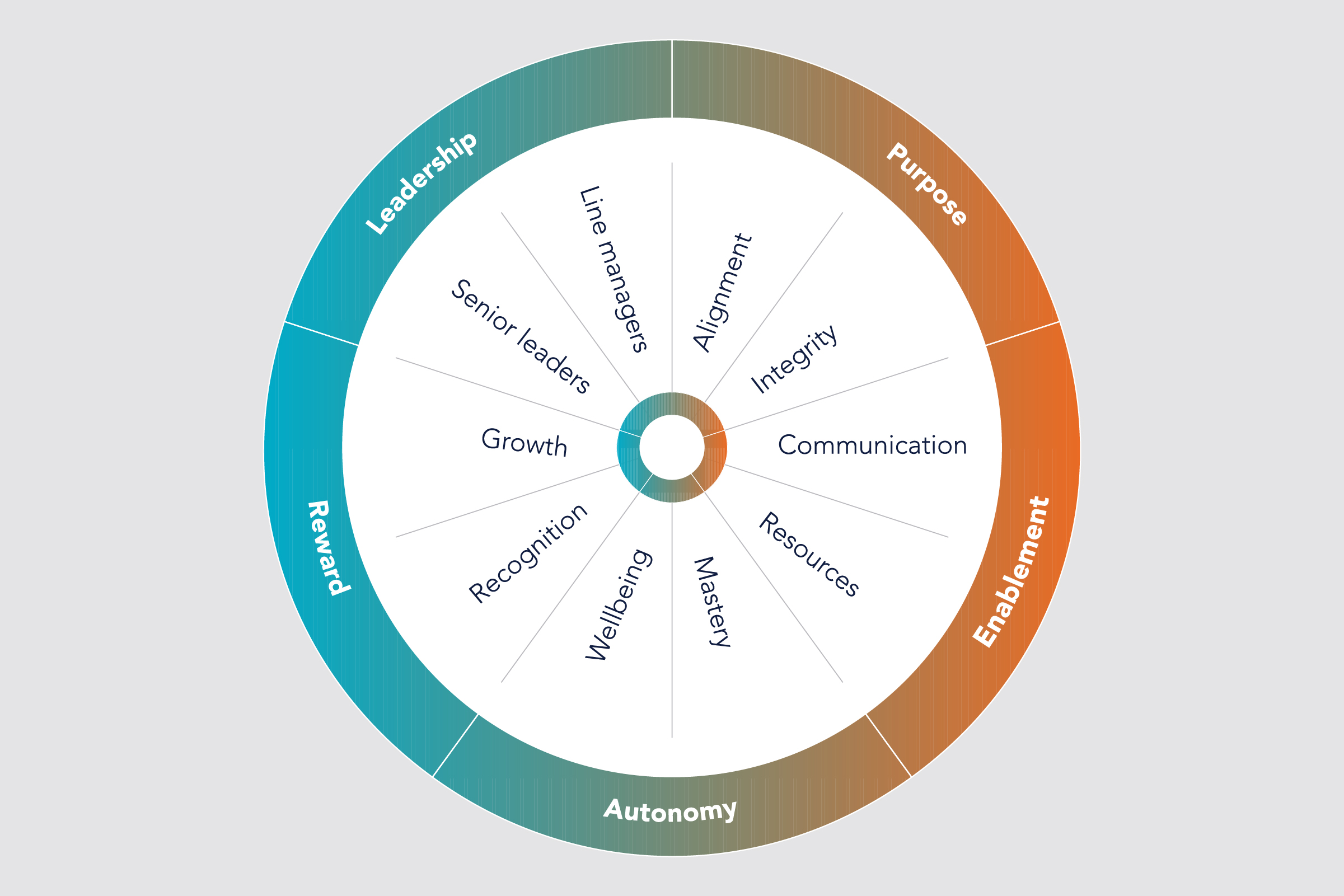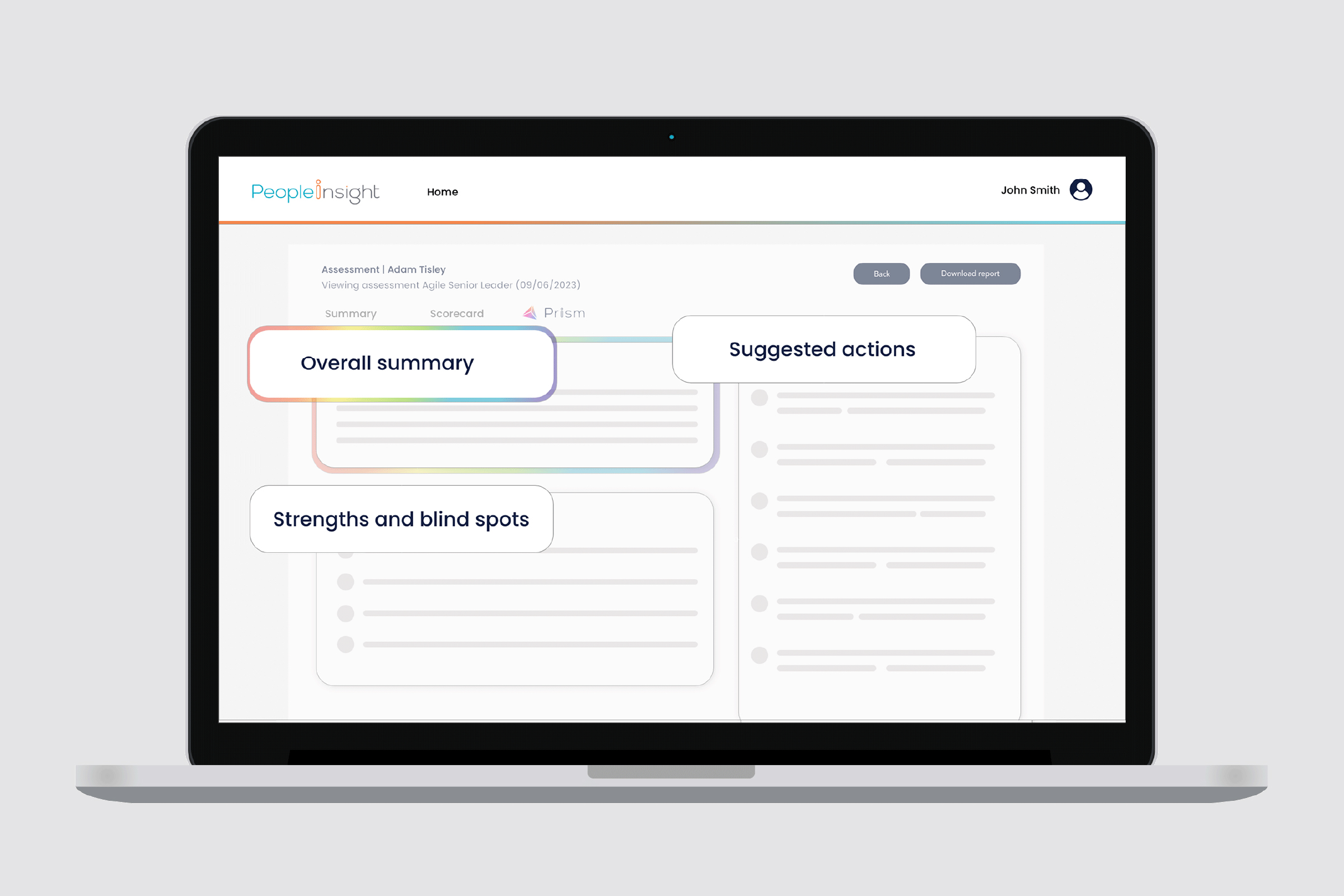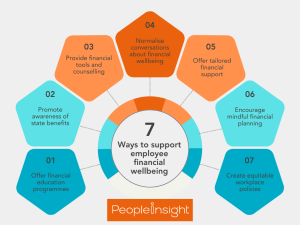- Employee Surveys
- 360 Feedback
- Consultancy
- Sectors
- Resources
-
-
-
Recent Posts
- What academic staff really think about work — what the data reveals
- What is democratic leadership? Pros, cons and mastering the style
- Leaver survey questions: Free employee survey questions
- Ageism at work: are older employees being left behind?
- Teaching in further education: Engagement boosts & barriers
-
-
- Pricing
- Contact














